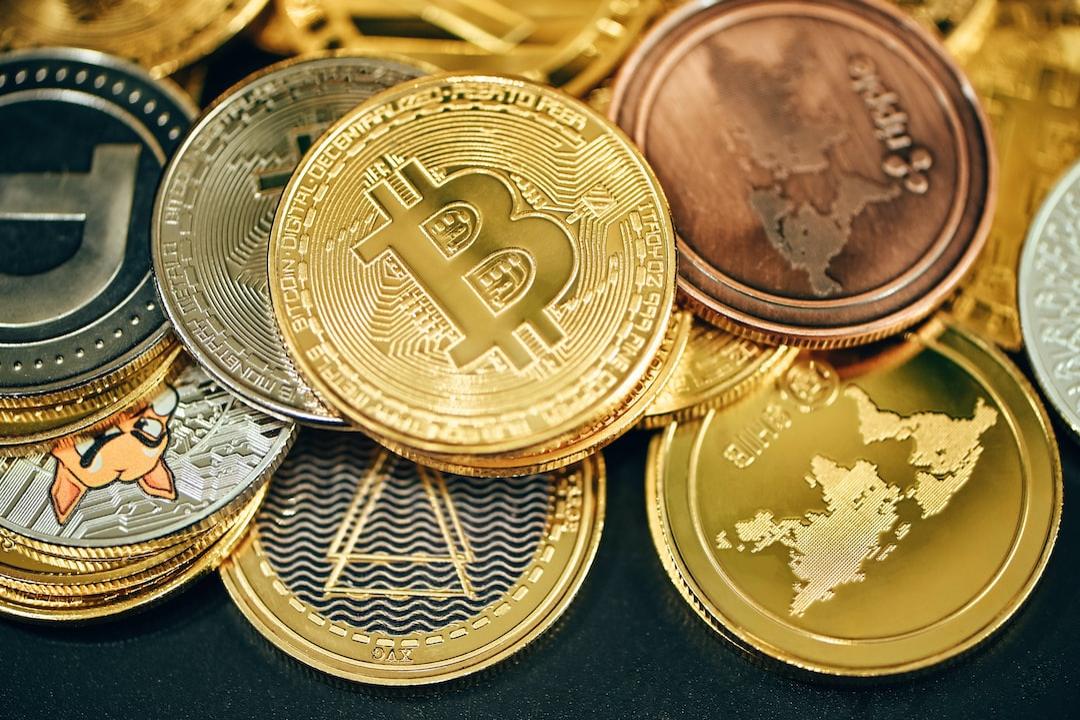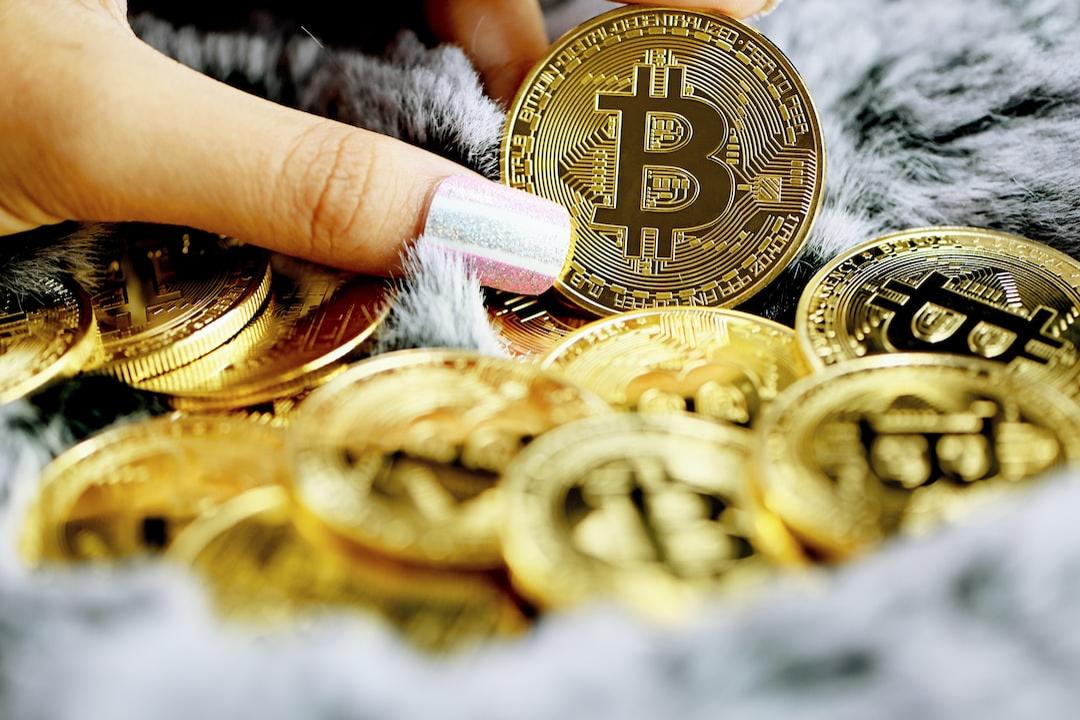Korean Won Continuously Depreciating, CryptoQuant: South Korea Needs New Reserve Action, BTC to Join Reserves
As the South Korean won approaches a 15-year high against the US dollar, discussions about the stability of the South Korean economy have resurfaced. Some have drawn parallels between the current situation and the nationwide fundraising campaign during the 1998 Asian financial crisis, when South Korea sought assistance from the International Monetary Fund (IMF). At that time, the South Korean public collectively donated gold to support the country’s foreign exchange reserves. CryptoQuant founder Ki Young Ju pointed out that the USDT/KRW exchange rate has already seen a 3% premium, and South Korea may need Bitcoin as an asset reserve.
**USDT has a 3% premium, and South Korean whales are accumulating dollars.**
Ki Young Ju stated on Twitter that the won-to-dollar exchange rate is about to reach a 15-year high, recalling the event in 1998 when South Korean companies and citizens jointly donated gold as an asset reserve. He mentioned that this time, South Korea may need a digital gold collection campaign, as it is the country that most requires Bitcoin as a strategic reserve. He also noted that South Korean whales are accumulating USDT, with the trading price of USDT/KRW on Upbit currently about 3% higher than the bank exchange rate, with USDT priced at 1,559 KRW.


Source: Ki Young Ju
**A nationwide Bitcoin donation to save the government? A new fundraising initiative.**
Looking back at the financial crisis of 1997, it all began in Thailand. The Thai government had repeatedly planned to devalue the baht to make exports more competitive. Many Asian countries (such as Thailand) pegged their currencies to the US dollar to attract more foreign investment, but this also made monetary policy inflexible. At the same time, companies and banks borrowed heavily in foreign debt, creating asset bubbles, particularly in real estate and the stock market. The foreign exchange reserves of these countries could not support excessive foreign currency debt.
At this time, hedge funds began to short the baht on a large scale. Financial giant George Soros’s Quantum Fund was one of the key players involved. In July 1997, the Thai government announced the abandonment of the fixed exchange rate system, leading to a rapid devaluation of the baht, which caused the cost of foreign debt to soar, resulting in companies and banks being unable to repay their debts and the collapse of the financial system.
In 1997, South Korea’s bubble also burst, declaring bankruptcy on December 3. The IMF signed an agreement, subsequently borrowing $55 billion, which was seen as South Korea’s greatest national humiliation since ceding the Korean Peninsula to Japan. At that time, the government, Samsung Group, Daewoo Group, KBS, and others launched a fundraising campaign, encouraging the public to donate gold jewelry and other valuables to the state, ultimately raising 225 tons of gold. The mother of the character Roh Hee-do in the Korean drama “Twenty-Five, Twenty-One” participated in the fundraising campaign.
**Is it impossible for South Korea to include Bitcoin in its asset reserves?**
The depreciation of the won is mainly influenced by several factors:
– **Slowdown in South Korean exports:** As an export-oriented economy, South Korea’s export performance directly affects its economic fundamentals.
– **Geopolitical risks:** The geopolitical uncertainty on the Korean Peninsula and the overall instability of the security situation in the Asia-Pacific region have further exacerbated foreign investors’ risk aversion towards won assets. This includes the already tense inter-Korean relations and the recent martial law incident initiated by South Korean President Yoon Suk-yeol. Meanwhile, Japan, just across the sea, faces a crisis with Prime Minister Kishida Fumio’s declining approval ratings.
– **Influence of speculative forces:** During the 1997 Asian financial crisis, speculator Soros and his Quantum Fund’s aggressive attacks on Asian currencies were significant drivers of the crisis. They used financial derivatives for large-scale short-selling operations, and the won was not spared, being forced to devalue sharply and ultimately triggering a full-blown economic crisis. Currently, similar speculative behavior may reoccur in the stablecoin and cryptocurrency sectors, further deepening the challenges faced by South Korea.
Although the idea of establishing a Bitcoin strategic reserve may seem radical, there are precedents. For example, El Salvador has incorporated Bitcoin into its national legal tender system and continues to increase its Bitcoin assets. Additionally, many large international institutions have begun to view Bitcoin as a core asset in their investment portfolios. Even under the leadership of Trump and the Republican Party, it does not seem impossible for the US government to include Bitcoin reserves, potentially even for repaying national debt.
(The topic of Bitcoin reserves continues! Federal Reserve Chair Powell: The Fed is not allowed to hold Bitcoin and other crypto assets.)
**Risk Warning**
Investing in cryptocurrencies carries a high level of risk, and their prices can be highly volatile, potentially resulting in the loss of your entire principal. Please assess the risks carefully.
